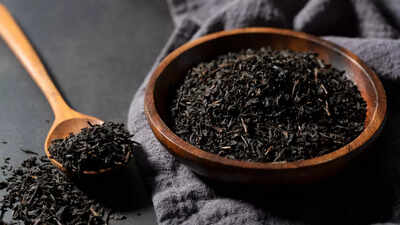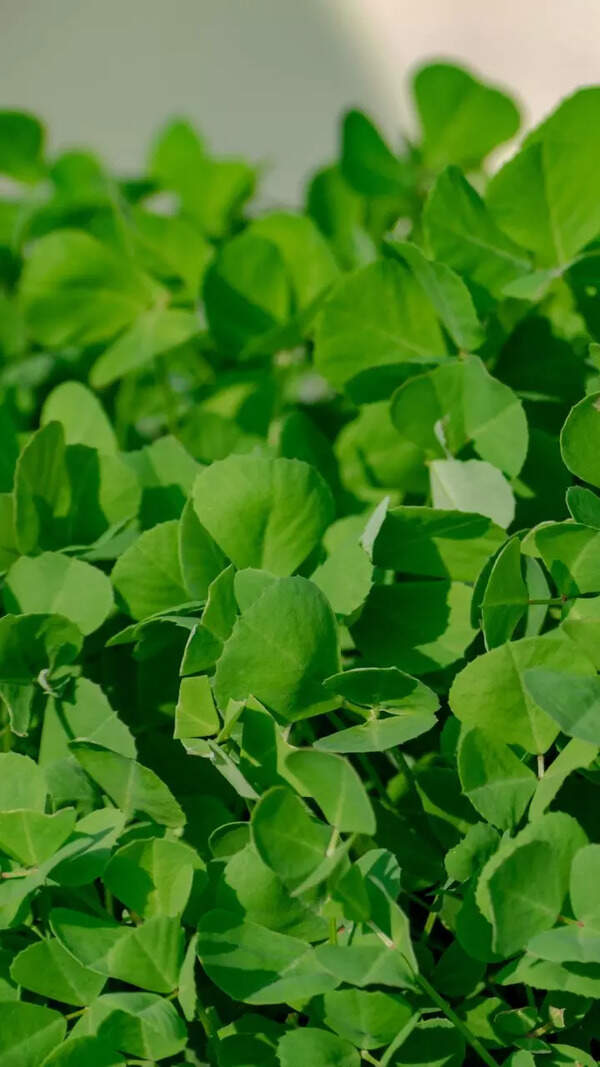Trending
300 kg tea adulterated with coconut shell powder seized in this city
Telangana’s Commissioner of Food Safety and Hyderabad City Police seized 300 kg of adulterated tea powder mixed with coconut shell powder and toxic chemicals in Fateh Nagar. The operation led to the arrest of the wholesale shop owner and two others. Consumers can test for adulteration using simple water, filter paper, color, and solubility tests.

As per the latest news report, Telangana’s Commissioner of Food Safety, along with the Central Zone Task Force of Hyderabad City Police, has seized 300 kilograms of adulterated loose tea powder in Fateh Nagar, Hyderabad. Three people, including the owner of the wholesale shop, have been arrested by the police too.
This move was taken under a large-scale tea adulteration operation, in which an inspection of the premises of M/s. Konark Tea on October 8, 2024 took place following a police tip-off that loose tea powder was being adulterated and distributed to tea stalls across the city.
Also Read: How to check the purity of tea leaves?

During the inspection, police seized a total of 300 kilograms of loose tea powder, 200 kilograms of coconut shell powder, and five kilograms each of non-food-grade red and orange colours. Also, artificial flavours including chocolate, cardamom, and milk were found at the site.
It is also reported that the adulterated stock, along with the non-food additives and tea powder samples have been sent for chemical analysis.

How to conduct tea adulteration tests at home?
Water Test
In this method, you have to add a teaspoon of tea leaves to a glass of water at room temperature. If the tea is pure, there will be no change in colour of water. If the tea leaves are adulterated, the colour will change to red.
Filter paper test
Take a filter paper and spread tea leaves on it. Sprinkle water to make the paper wet. Wash the filter paper under tap water. Observe the stains on the filter paper against light.
No stains will be observed on the filter paper with unadulterated tea leaves. The filter paper with adulterated tea leaves will have blackish-brown coloured stain on it.
Colour test
Make tea and observe the color of the brewed tea. Authentic tea should produce a clear and vibrant colour, while the adulterated one will reflect cloudiness or an unnatural colour due to impurities.
Solubility test
Add tea leaves in a glass of water. If it's pure, the leaves would not dissolve completely, they may swell but should not disintegrate into powder. However, adulterated tea might turn into powder in water.
Thumb and Embed Images Courtesy: istock
End of Article
FOLLOW US ON SOCIAL MEDIA










